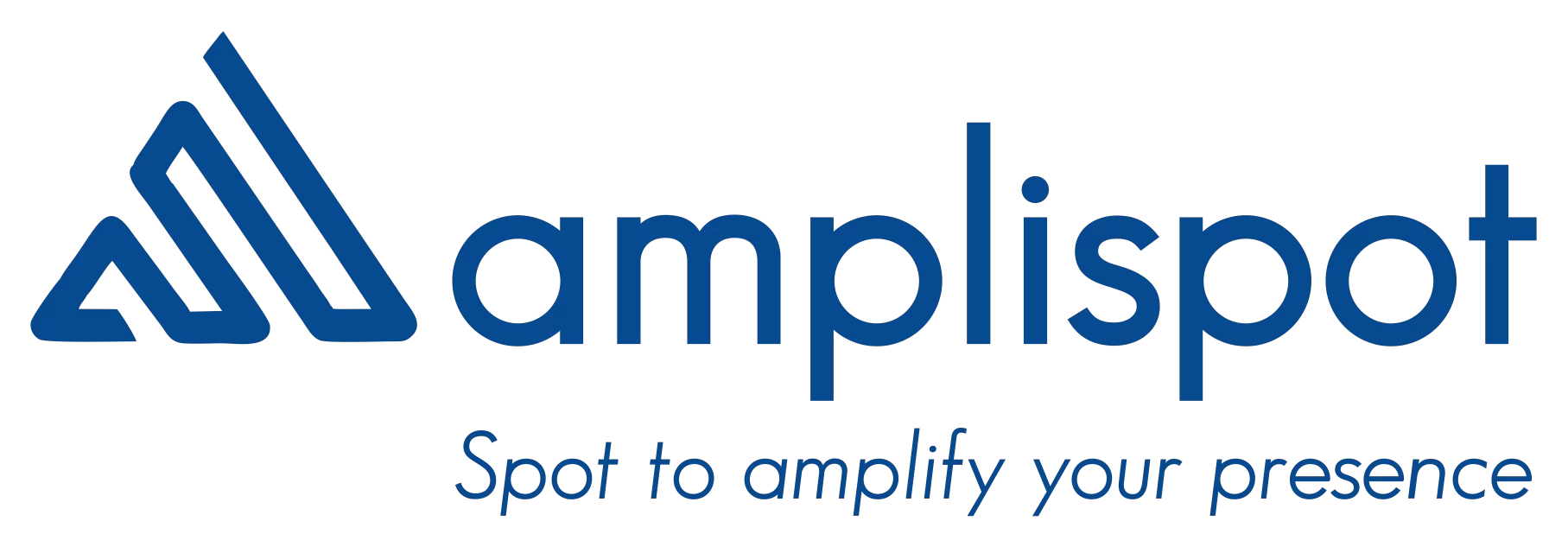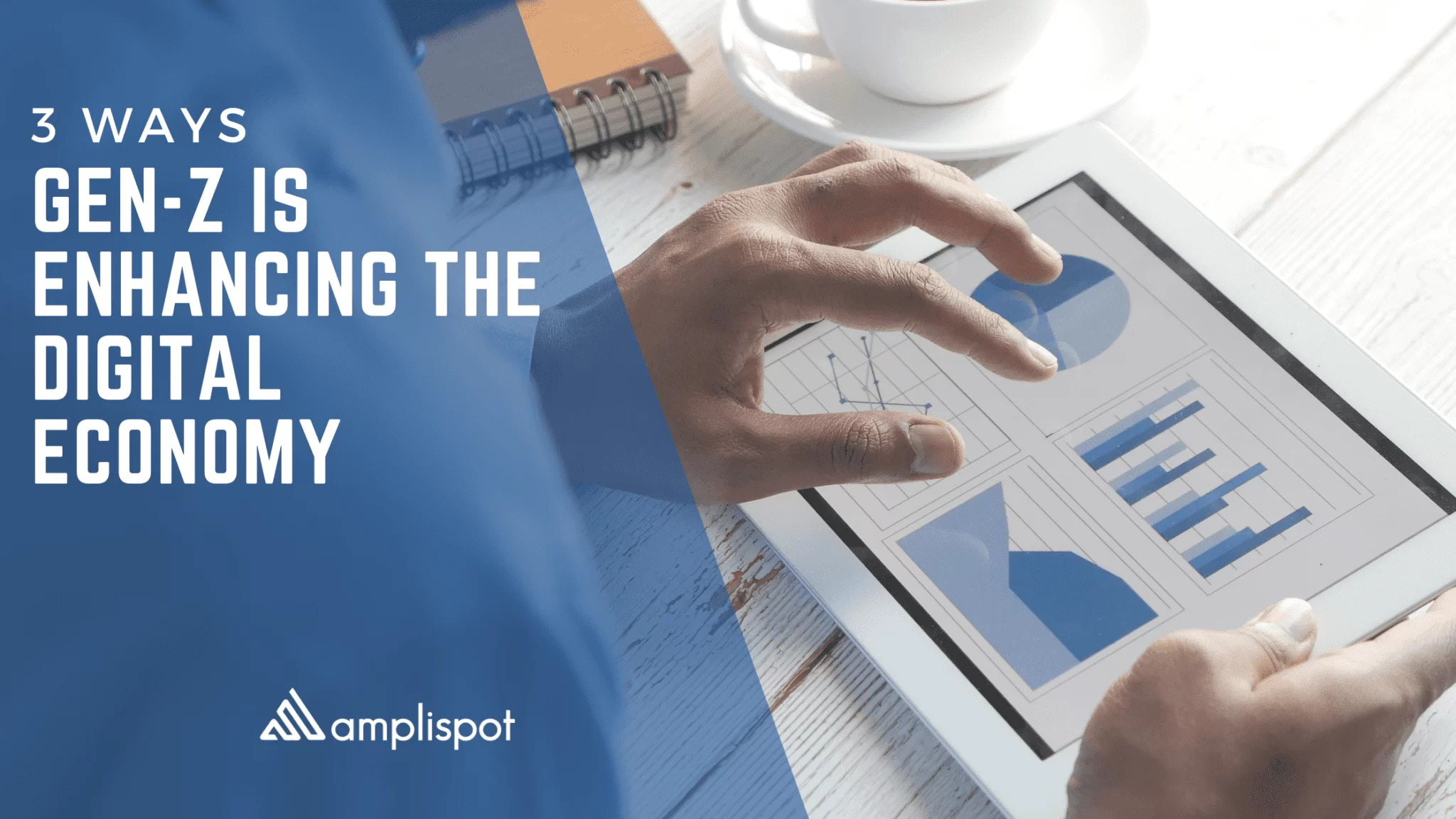Today, we are on the cusp of a new digital era – one in which Gen-Z will be a driving force. This generation, born between 1997 and 2012, is coming of age in a drastically different world from any other time in history. They are true digital natives who have never known a world without the internet, social media, or smartphones. And, they are quickly becoming one of the most powerful groups of consumers and workers.
Every aspect of their lives includes being connected with the digital world. Tons of information is just a fingertip away for them. They are comfortable with collecting, cross-referencing many sources of information. Integrating virtual and offline experiences, in a way, they have shared the experiences of people in their network, which makes them hunt for more unique experiences all the time.
As digital natives, Gen-Z has a natural affinity for technology. They are comfortable using various digital devices and platforms to communicate, connect, and collaborate. They expect companies to be just as technologically savvy as they are.
According to a recent study, Gen-Z is already having a major impact on the economy. Seventy-two percent of Gen-Z respondents said they are willing to spend more money with brands that are innovative and use the latest technologies. And, 66 percent said they would switch to a brand that offers a better digital experience.
In conjunction with Oxford Economics, Snapchat recently conducted a study to examine the impact of Generation Z on the post-pandemic recovery, digital economy, and advertising efforts.
Let's take a deeper look at some of the themes and patterns disclosed by these findings, but among the key insights in the study are:
- The research predicts that by 2030, Generation Z will support $3.1 trillion in spending across six key markets: Australia, France, Germany, the Netherlands, the United Kingdom, and the United States.
- By 2023, the worldwide augmented reality sector is expected to grow fourfold.
- Technology and COVID-19 are going to revolutionize skill demands, with most jobs requiring advanced digital abilities.
- Gen Z is the digital first generation. From the very layout of the workplace environment to human experiences and onboarding processes, Gen Z wants every aspect of tomorrow to become one with digital transformation of infrastructure.
- The future workforce will place more emphasis on qualities like agility, curiosity, creativity, critical thinking, and problem-solving, which are natural talents for Gen Z.
GEN-Z: THE ENGINES OF CONSUMER SPENDING
Generation Z is expected to emerge as an autonomous and influential source of younger consumers' spending. While the majority of this group are still in school, this is expected to change dramatically over time. As a result of their loyalty programs, customers' expenditures will increase by more than six-fold, from $467 billion in 2019 to $3 trillion in 2030, representing 11% of total household spending. Furthermore, due to their increased attachment to education and other intangibles, Gen Z's share of total employment will jump from 10% in 2019 to 30% in 2030.
Snapchat emphasized several essential qualities that would help Gen Z-ers succeed in the workplace, including rapid absorption of knowledge and a proactive approach to new difficulties with an open and innovative mindset. They're also more creative eager to engage in forms of communication and content creation such as augmented reality, emojis, lenses,, and filters than previous generations.
THE EVOLVING AR MARKET
COVID-19 has majorly influenced the post pandemic economy on a global scale, changing both the nature of employment and job offers for gen z and millennials and the current state of business.
They are comfortable with collecting, cross-referencing many sources of information. Integrating virtual and offline experiences, in a way, they have shared the experiences of people in their network, which makes them hunt for more unique experiences all the time.
AR is one of the most exciting technologies being pursued by many. According to Snapchat's study, worldwide AR industry revenue is expected to nearly quadruple between 2018 and 2020. The industry is expected to experience a similar pattern in the next three years, with forecasts predicting a tenfold increase by 2023. What's more, in the end, while these are important factors to consider, what's most essential to note is that AR's features lay the groundwork for a big demand for digital skills similar to that seen in 2010 when social media websites emerged.
Technology is enabling more free, democratic ways for people to express themselves, enjoy entertainment, and have utility and information-gathering. It is critical to how companies attract attention and emotionally connect at scale; it also allows for more immersive experiences that are redefining shopping and internet beauty. Shopify found that interactions with AR/3D resulted in almost 94 percent more conversions to sales than non-AR modes. Outside of marketing and e-commerce, AR will continue to revolutionize how we receive healthcare, education, architecture, entertainment, and manufacturing.
THE FUTURE OF LEARNING AND RE-SKILLING FOR A DYNAMIC WORKFORCE
While concerns over the disruption to formal education among Generation Z is a major concern following 2020, the effect on their job market chances is uncertain. To put the increase in online education in perspective, Coursera and edX have reached over 180 million students since 2012, a 1,000 percent increase relative to five years previously. Snapchat's research suggests that Generation Z's higher digital competence is largely beneficial to their adaptation to this new way of working as we become increasingly reliant on remote work.
Additionally, in keeping with all recessions, the pandemic is expected to accelerate another wave of automation that will stimulate demand for creativity and curiosity at work—two of the basic characteristics shared by Gen Z. With this, the need for lifelong learning is expected to grow with employees being required to adjust to changing expectations. It entails learning new technologies and software to create innovative business methods, adjust to structural changes and difficulties, and re-train in a dynamic workforce that will set the tone for the 2020s.



































